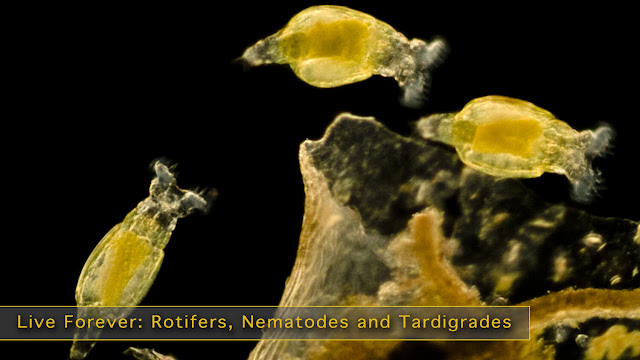Did you know that your body houses millions of vessels that are circulating blood at this very moment? In fact, if all the blood vessels in the average adult were connected in one line from beginning to end, they would stretch 100,000 miles. The circulatory (or cardiovascular) system carries blood all throughout your body to transport nutrients, allow for essential body functions like breathing, and maintain an overall homeostasis.
Arteries, veins, and capillaries are the three different types of blood vessels that make blood circulation possible. Veins transport deoxygenated or waste-rich blood that will eventually be filtered, and arteries carry the filtered, oxygenated blood. Capillaries are the middleman of blood circulation, as they enable the exchange of blood between arteries and veins.
 |
| Blood Drop on Finger |
There are two types of blood circulation: pulmonary and systemic. Pulmonary circulation is the transportation of blood to the lungs so that the blood becomes oxygenated and can return to the heart. This oxygenated blood is then used within systemic circulation.
During systemic circulation, the heart pumps oxygenated blood out to the rest of the body through the arteries. Capillaries deoxygenate the blood by swapping out the oxygen with carbon dioxide, and they then deliver the deoxygenated blood to the veins. The veins carry the deoxygenated blood back to the heart to start the pulmonary cycle over again.
This intricate and elegant system is happening constantly within your body. Without it, you would have no digestive system or immune system, and even your hormones wouldn't be able to be expressed.











